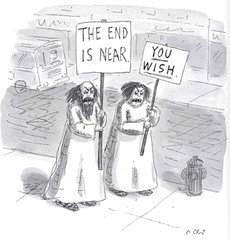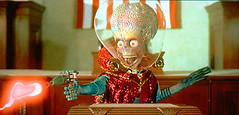 Thanks to Elsa as always for finding this interesting article from Theodore White, a traditional astrologer, about upcoming fall events.
Thanks to Elsa as always for finding this interesting article from Theodore White, a traditional astrologer, about upcoming fall events.
As many of you know, I have a strong dislike for the consideration of certain planetary events or placements as “bad” or “good.” Some are easier and some are more challenging, but it’s often the easiest aspects that get us in the most trouble! And while I have tremendous respect for my more traditional colleagues and admire the work that they do, I find that much of the traditional approach is based in fear and avoidance of difficult situations.
I can’t help but believe that if life were meant to be easy we would have been sent to a different planet. Earth life is filled with joy and beauty but it is hard. Even individuals with easy charts go through periods of crisis and face death and disaster. But the experience of soul growth and transformation that comes from facing our challenges and learning their lessons is so exhilarating and magical that it is not to be traded for a life of laziness and complacency.
Getting down from my soapbox now – I was particularly interested in this statement from the article because my knowledge of the fixed stars is very limited (although I hope to rectify that situation soon!):
In summer 2007, we’ve seen some interesting transits of planets conjoined to what are called the four (4) Royal Stars —
Venus/Saturn – conjoined to fixed star Regulus (Watcher of the North)
Jupiter – conjoined to fixed star Antares (Watcher of the West)
Mars – conjoined to fixed star Aldeberan (Watcher of the East)
Moon/Dragon’s Head – Aug. 28, 2007 lunar eclipse – conjoined to fixed star Fomalhaut (Watcher of the South)The planetary conjunctions to the four Royal stars forecasts a powerful series of world events over the next several months that continue into the year 2008. The outlet fixed star conjunction is that of the Moon and transiting North Lunar Node in tropical Pisces, where we find the “watcher of the south” ~ the star Fomalhaut.
We can expect events along the lines of this fixed star to take place, which includes, among other events, seismic activity, large magnitude earthquakes where the lunar eclipse was seen, and major events taking place on the world’s oceans, involving large ships and sea-going vessels.
There is no question that climate change is occurring, but the August eclipse did not bring about an increase in seismic activity or earthquakes. In fact, a look at this list shows that earthquake activity actually dropped around the time of the eclipse after an extremely active period. Earthquake activity did seem to pick up during and after the eclipse on September 11, including a 8.4 quake in Indonesia on the 12th. But this was the solar eclipse rather than the lunar.
As to the conjunction of Venus, Saturn and the South Node (Dragon’s Tail), Mr. White writes:
Saturn’s hovering around the South Lunar Node in early Virgo has very strong influences for the world. It is wholly malefic, and during the third week of October 2007, Venus & Saturn conjoin for the third (and last) time in four (4) months in the month of October ~ with the Dragon’s Tail. This is a negative conjunction, and I would urge caution in travel, relationships, and major decisions at this time
These three planetary points meet every 10-12 years, making this a relatively common event without exceptional occurrences. The last conjunction in Virgo occurred in September and October of 1950, a year where very little occurred with the exception of the beginning of the Korean War.
I am not contesting that we are in a major cycle of change – I think there’s no doubt that this is occurring. Pluto is getting ready to change signs for the first time in over twenty years, and the Saturn/Neptune opposition certainly did its share of damage. We have been in an opposition cycle between Saturn and Chiron since 1986 that is still having its effect of forcing painful global experiences that promote healing, and Mars is preparing to retrograde in November for the first time in 2-1/2 years. But there’s no need to fear these cycles any more than you fear a thunderstorm. The process of change is crucial for our growth as a species and as individuals.

